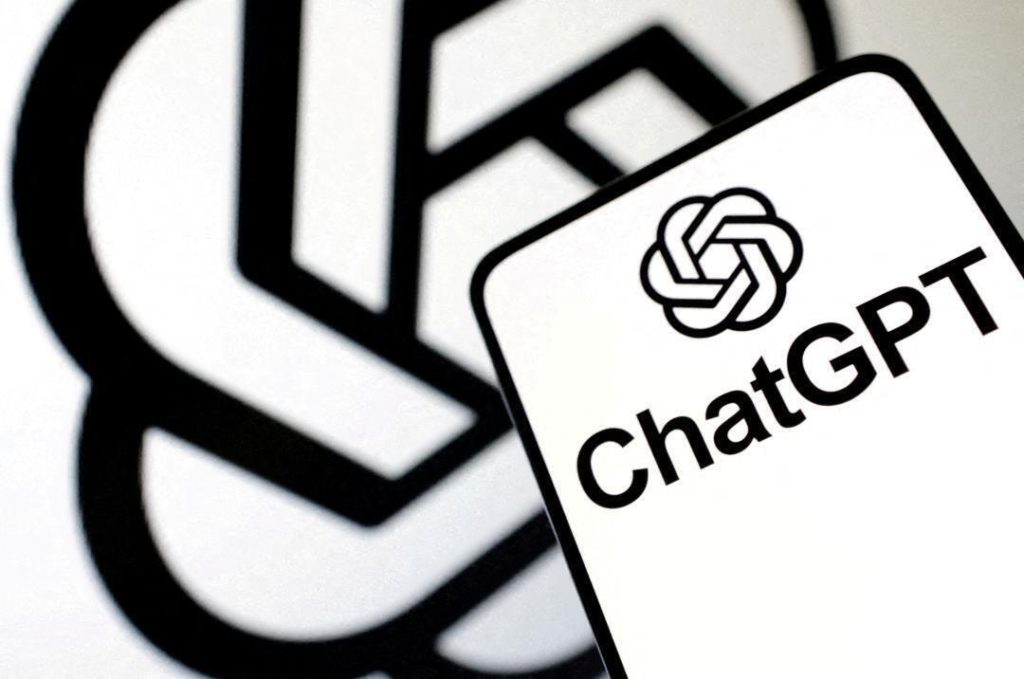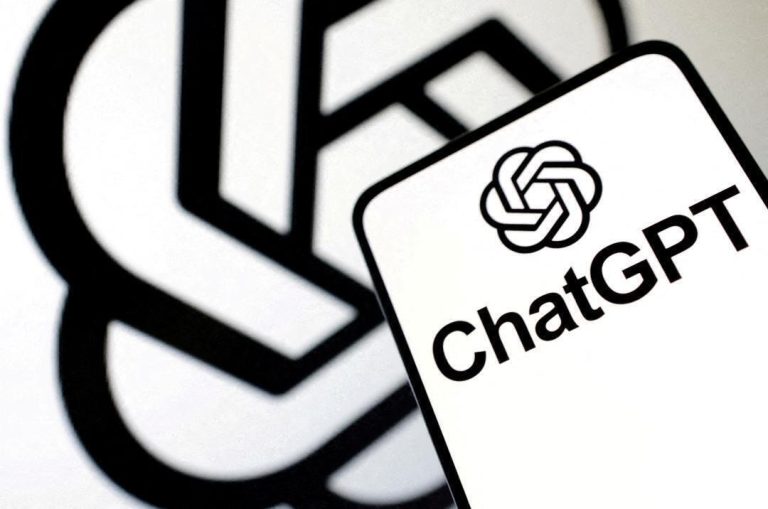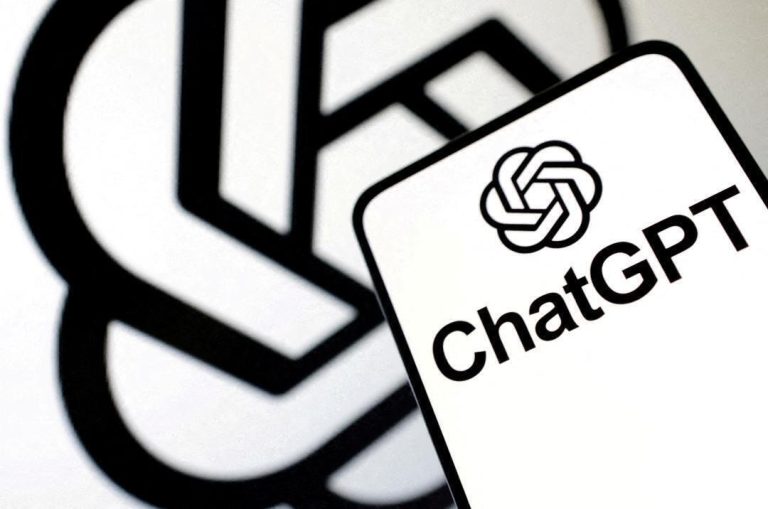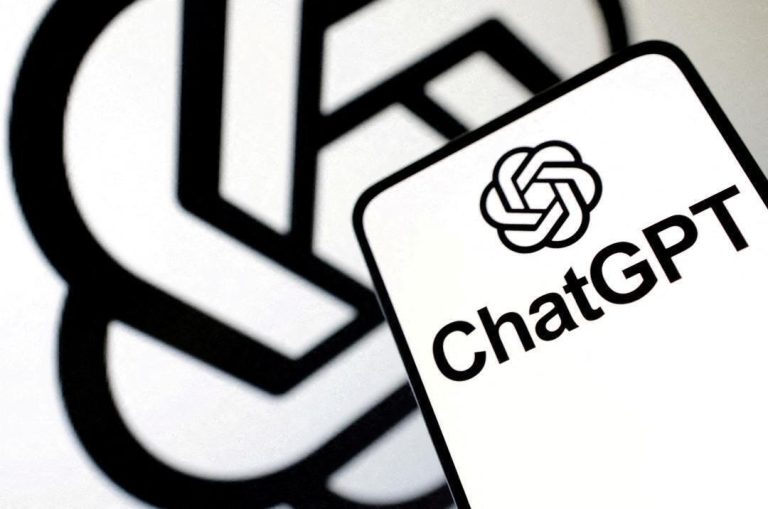
I gave ChatGPT salary details & it fixed my finances,’ says man
In today’s fast-paced world, managing our finances can be a daunting task. With numerous budgeting apps, spreadsheets, and financial advisors available, it’s no wonder that many of us feel overwhelmed and unsure about how to take control of our money. However, a recent story has shed light on a new and innovative way to manage our finances – ChatGPT.
US-based author and entrepreneur Adrian Brambila recently shared his experience with ChatGPT, claiming that the AI-powered tool helped him achieve financial clarity and stability. Brambila, who has written extensively on personal finance and entrepreneurship, revealed that he gave ChatGPT his salary details and, voilà! His finances were suddenly in order.
“I gave ChatGPT my salary, and it fixed my finances,” Brambila said in an interview. “No spreadsheets. No budgeting apps. No $400 financial advisor. Just 7 prompts—and total clarity over my money.”
So, what exactly is ChatGPT, and how did it help Brambila achieve financial stability? Let’s dive in and explore the fascinating world of artificial intelligence and personal finance.
What is ChatGPT?
ChatGPT is a highly advanced AI-powered chatbot developed by Meta AI. This revolutionary tool uses natural language processing (NLP) to understand and respond to human input in a conversational manner. Initially designed for customer service and language translation, ChatGPT has been applied to various domains, including finance, healthcare, and education.
How did ChatGPT help Brambila?
According to Brambila, he shared his salary details with ChatGPT and received a personalized financial plan based on the 50/30/20 rule. This rule, popularized by financial experts, suggests allocating 50% of one’s income towards necessary expenses, 30% towards discretionary spending, and 20% towards saving and debt repayment.
ChatGPT created a zero-based budget for Brambila, which he claims did not feel like traditional budgeting. The AI-powered tool provided a clear and concise breakdown of his income and expenses, allowing him to make informed decisions about his financial future.
The 50/30/20 rule: What is it, and how does it work?
The 50/30/20 rule is a simple yet effective framework for managing one’s finances. The idea is to allocate a specific percentage of one’s income towards different expenses, ensuring that essential expenses are covered, discretionary spending is manageable, and savings and debt repayment are prioritized.
Here’s a breakdown of the 50/30/20 rule:
- 50%: Essential expenses (necessary expenses, such as rent/mortgage, utilities, food, transportation, and minimum payments on debts)
- 30%: Discretionary spending (entertainment, hobbies, travel, and lifestyle upgrades)
- 20%: Savings and debt repayment (emergency fund, retirement savings, debt repayment, and other financial goals)
The benefits of using ChatGPT for personal finance
Brambila’s experience with ChatGPT highlights the benefits of using AI-powered tools for personal finance. Here are a few advantages:
- Efficiency: ChatGPT can process and analyze financial data quickly and accurately, eliminating the need for manual calculations and spreadsheet management.
- Personalization: The AI-powered tool can create a customized financial plan tailored to an individual’s specific needs and goals.
- Simplicity: ChatGPT’s conversational interface makes it easy to understand and interact with, eliminating the complexity often associated with financial planning.
- Cost-effective: Unlike traditional financial advisors, ChatGPT is accessible and affordable, making it a viable option for those on a budget.
Conclusion
In today’s digital age, it’s exciting to see AI-powered tools like ChatGPT revolutionizing the way we manage our finances. Adrian Brambila’s experience with ChatGPT serves as a testament to the potential of AI in personal finance, offering a simple, efficient, and cost-effective solution for achieving financial clarity and stability.
While ChatGPT is not a replacement for traditional financial planning or professional advice, it can certainly be a valuable tool in one’s financial toolkit. As AI continues to evolve and improve, it will be fascinating to see how it shapes the future of personal finance and beyond.
Source:






